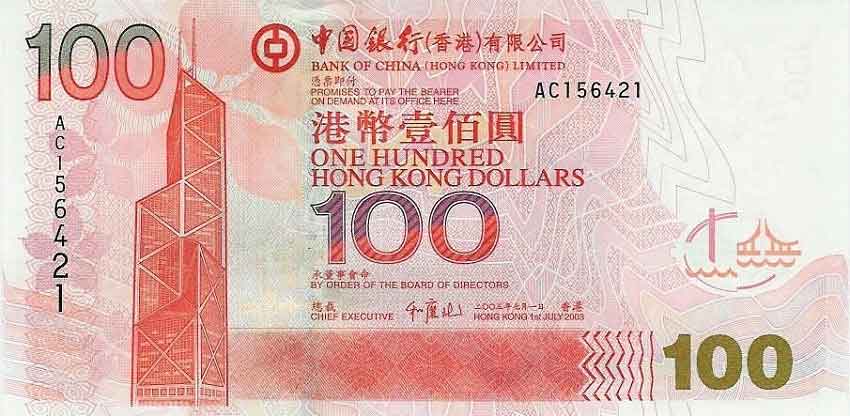Hong Kong Reverts to More Lenient Travel Restrictions
Recognising the impact of Covid-19 on its financial status, Hong Kong has reverted back to more lenient travel restrictions to improve life for both residents and travelers.

HONG KONG’S COVID CHANGE OF COURSE:
- April 1 end to flight ban from U.S., U.K., Australia, Canada, France, India, Pakistan, Nepal, and the Philippines
- The mandatory quarantine period has been reduced from 14 days to 7
- Hong Kong health officials said that they'll put plans for a Covid mass testing on hold. They'll consider it again at the right moment.
- Hong Kong will stop categorizing parts of the world as "high-risk" or "low-risk"
- Most social-distancing measures will be gradually eased from April 21, including allowing dining-in at restaurants after 6 p.m. and up to four people in a gathering for the first phase of reopening.
- Schools will resume with in-person classes on Monday, following the Easter holiday.
Hong Kong’s borders have been effectively closed since 2020 and there are very few flights able to land. This has had a huge impact on global trade, making it difficult for most people to access the international hub city.
The relaxing of restrictions was likely prompted by frustration in the banking community, who have had to endure border restrictions and quarantine measures for more than two years. While these measures have slowed the spread of the virus, it has still eventually spread and the economy and trading-hub status of the country is at risk.
China has just announced a new policy of opening up an economy that is being hurt by a rigid version of Covid Zero. President Xi Jinping made the announcement last week, which offers business new hope.
Hong Kong's long-lasting three-week mandatory quarantines for incoming travelers have been a source of grievance and have led to departures of ex-pat staff from some major banks.
Leader Carrie Lam said the quarantine period will be cut to 7 days and outright bans on flights from the U.S., U.K., Canada and six other countries once deemed "high risk" for the virus were scrapped.
Hong Kong was virtually virus-free for much of the pandemic because its border curbs and quarantines largely prevented it from being affected by the virus. However, with a more contagious omicron variant, this changed quickly and Hong Kong became drastically ill-prepared for a widespread domestic outbreak.
Hong Kong now has the highest Covid death rate in the world, with hundreds of under-vaccinated seniors and care-home residents felled by the virus. This is reminiscent of what happened in other countries such as Italy and the United States during the first year of the global pandemic.
Disclaimer: Please note any provider recommendations, currency forecasts or any opinions of our authors should not be taken as a reference to buy or sell any financial product.
